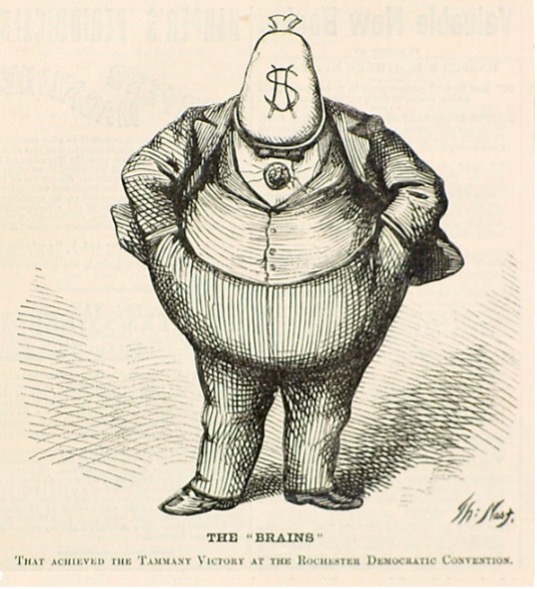
In 2018, the Seattle City Council considered, and then rejected, a rule change to Seattle’s ethics code, that would have only required disclosure of potential conflicts of interest. The Council rejected this proposed change, and so the ethics rules continue to require disqualification “from acting on City business” involving “any matter in which any of the following has a financial interest. The rule applies to councilmembers, their immediate family—including in-laws—in addition to any cohabitants and certain work associates.
First-term Councilmember Tonya Woo’s father-in-law owns a restaurant that stands to benefit financially from the passage of a proposed ordinance that would permit restaurants to reduce remuneration to delivery drivers. Woo, to her great credit, asked Seattle’s Ethics and Election Commission to chime in. She even put it to the entire ethics commission, a relative rarity. Its chief, Wayne Barnett, believes Woo should recuse herself from the vote.
As the Seattle Times observes, “When deciding when a member of the council should recuse from a vote, the question the ethics code weighs is whether the potential benefit or harm to the member is widely shared.” Councilmembers who own their house free and clear do not have to recuse themselves from bills involving homeownership, for example. Just as they may vote on food, air, and traffic regulations that stands to either benefit or harm their pecuniary interests and also nearly everyone else’s. (Whether these benefits or harms materialize is quite another matter.)
The issue, however, is that “widely shared” is the Times’ parlance. The ethics code does not include this term, instead advising councilmembers with potential conflicts to vote on such matters that may help or hurt them personally if—and apparently only if—its passage will likely impact a “substantial segment” of Seattle’s population. Does that mean 75 percent? Does it even have to be a majority? Do children count? There are far too many ways to read “substantial segment” and hardly any caselaw to shed light. So what is to be done?
Without a statutory definition, “substantial segment” requires some degree of subjectivity. I think a substantial segment (pun intended) would agree that restaurant stakeholders fall within this ambit, Woo’s father-in-law included. Here we are talking in the thousands. This is not a bill that directly contracts with a councilmember’s business, for example. Barnett himself conceded the essential subjectiveness of the question when he gave his informal response that “for me, that’s just too close.”
Notably, Seattle’s ethics code does not even define “financial interest,” so the EEC borrows from the Code of Federal Regulations. On this alone I think Woo can counterargue that without a definition in Seattle’s Municipal Code, it is a matter of good faith. In our world of blurry instead of bright lines, without a definition we must rely on the borrowed adage that we know corruption “when we see it.”
The law aside, is Woo morally obliged to recuse herself? The answer is “no,” if history is any guide. As the Seattle Times and The Stranger both note, several other councilmembers have had comparable conflicts in the past but did not recuse. In calling for Woo to recuse, Barrett conveniently forgets that “several councilmembers have been under public scrutiny, for perceived conflicts of interest when it comes to Pay Up rollbacks, but EEC gave them the greenlight to participate.” But by this flawed logic, the current Council would simply not be able to legislate on any issues that could help businesses in Seattle succeed.
But even in these cases we observe a silver lining in Woo’s favor: life is messy. Nobody can ever fully disentangle themselves or their loved ones from the impact of legislation—that’s the entire point of legal rules! But therein lies the rub. In the past, scrutiny has been enough, and so it was that some councilmembers in 2018 wished to do away with a caveat that is frequently ignored in favor of public approval (or opprobrium) at the ballot box. Just ask Kshama Sawant. But don’t try her Council email.
What’s worse for Seattleites is without Woo’s participation—that is, without a full vote of the people’s representatives—the measure will likely fail. Per The Stranger, the inside chatter has Woo as the pivotal fifth vote. Better yet, if she is the sixth vote, then the bill is veto-proof. In short, the risks to the bill’s survival are high, and all for a conflict that is in real terms quite attenuated and likely falls within the “substantial segment” exception anyway. Let Woo do what her colleagues past and present have been doing all along: disclose without disqualifying.
Alki,
Sam Spiegelman
